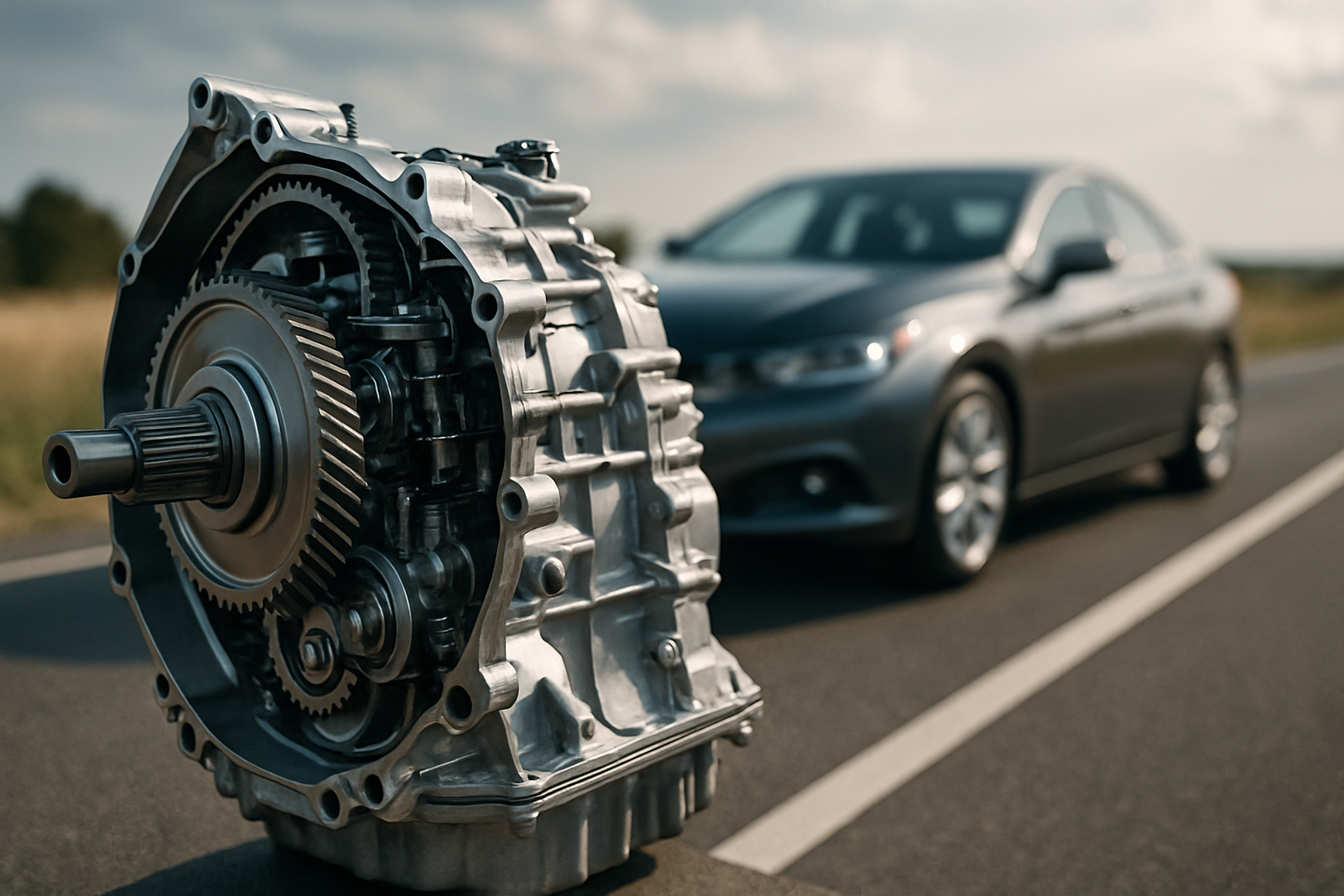Tips for Choosing Low Mileage Used Engines Effectively
Purchasing a low mileage used engine can be a cost-effective alternative to buying a new vehicle or investing in a brand new engine. These engines typically have less wear and tear, offering better reliability and longevity compared to higher mileage options. However, selecting the right low mileage used engine requires careful consideration of various factors to ensure you're making a sound investment. This article provides comprehensive guidance on how to evaluate, select, and purchase low mileage used engines that meet your specific needs.

Understanding What Qualifies as a Low Mileage Used Engine
A low mileage used engine typically refers to one that has been driven significantly less than the average lifespan of that particular engine type. While there’s no universal standard, engines with less than 60,000-80,000 miles are often considered “low mileage” in the automotive industry. However, this definition can vary based on the make and model of the vehicle. Japanese engines, for example, may be considered low mileage even at 100,000 miles due to their renowned durability.
The engine’s age is another important factor to consider alongside mileage. An engine with low miles but that has been sitting unused for many years may have deterioration issues from lack of use. Ideally, you want an engine that has low mileage relative to its age, indicating it was moderately used but well-maintained throughout its life.
How to Verify the Authenticity of Low Mileage Claims
One of the biggest challenges when purchasing a used engine is confirming that the mileage claimed is accurate. Dishonest sellers may misrepresent an engine’s history to command a higher price. To protect yourself, always ask for documentation that verifies the mileage. This can include maintenance records, vehicle history reports, or documentation from the original vehicle’s service history.
Physical inspection can also reveal clues about an engine’s true mileage. Look for excessive wear on components like the timing belt, water pump, or valve covers that wouldn’t match the claimed mileage. The condition of electrical connectors, hoses, and belts can also indicate whether an engine has seen more use than advertised. When possible, have a qualified mechanic inspect the engine before purchase to verify its condition aligns with the claimed mileage.
Where to Buy Low Mileage Used Engines From
Several sources offer low mileage used engines, each with its own advantages and potential drawbacks. Auto salvage yards often have engines from vehicles that were involved in accidents but had functioning engines. These can be affordable options but typically come with limited warranties.
Specialized engine importers focus on bringing low mileage Japanese domestic market (JDM) engines to the United States. These engines often come from vehicles with strict inspection requirements in Japan, meaning they’re typically well-maintained despite potentially higher age.
Remanufacturers take used engines and replace worn components to restore them to near-new condition. While these aren’t strictly “used” in the traditional sense, they offer the reliability of a newer engine at a price point between used and new.
Online marketplaces connect buyers with multiple suppliers, offering a wide selection but requiring careful vetting of sellers. Always check reviews, warranty options, and return policies when purchasing from these platforms.
Factors That Affect Low Mileage Used Engine Prices
Multiple variables influence the cost of a low mileage used engine. Understanding these factors can help you assess whether a quoted price is fair and negotiate effectively.
| Factor | Impact on Price | Typical Price Range |
|---|---|---|
| Engine Rarity | Rare or performance engines command premium prices | $1,500-$8,000+ |
| Vehicle Make | Luxury or specialty manufacturers cost more | $1,000-$5,000+ |
| Mileage | Lower mileage typically means higher prices | $600-$3,000 for standard engines |
| Warranty Length | Longer warranties increase base price | $200-$800 added for warranties |
| Seller Type | Dealers/remanufacturers charge more than salvage yards | Varies by provider |
Prices, rates, or cost estimates mentioned in this article are based on the latest available information but may change over time. Independent research is advised before making financial decisions.
The complexity of the engine also affects pricing. A simple inline-four cylinder engine from a common vehicle will cost substantially less than a V8 or specialized turbocharged engine. Additionally, newer engine designs with advanced technology typically command higher prices on the used market due to their sophistication and performance capabilities.
How to Select the Right Low Mileage Used Engine for Your Vehicle
Finding the perfect engine match for your vehicle requires more than just matching the make and model. Engine codes are crucial identifiers that ensure compatibility between your vehicle and a replacement engine. These codes specify the exact engine variation, which can differ even within the same model year due to emissions requirements or feature packages.
Transmission compatibility is another vital consideration. If you have an automatic transmission, ensure the replacement engine is compatible with your specific transmission model. The same applies to manual transmissions, where clutch systems and flywheel designs need to match properly.
Also consider any modifications your vehicle may have. If you’ve upgraded components like the intake, exhaust, or engine control unit, ensure the replacement engine will work with these modifications. In some cases, you might need to transfer certain components from your original engine to the replacement.
Before finalizing your purchase, verify that the seller can provide all necessary accessories and components with the engine. This includes intake manifolds, exhaust manifolds, and any sensors specific to your vehicle’s requirements. Missing components can add significant costs to your engine replacement project.
Conclusion
Choosing a low mileage used engine requires diligent research and careful verification of seller claims. By understanding what qualifies as low mileage, knowing how to authenticate mileage claims, exploring various purchasing options, considering price factors, and ensuring compatibility with your vehicle, you can make a confident decision. A well-chosen low mileage used engine can provide years of reliable service at a fraction of the cost of a new vehicle, making it an economical choice for extending the life of your car.




